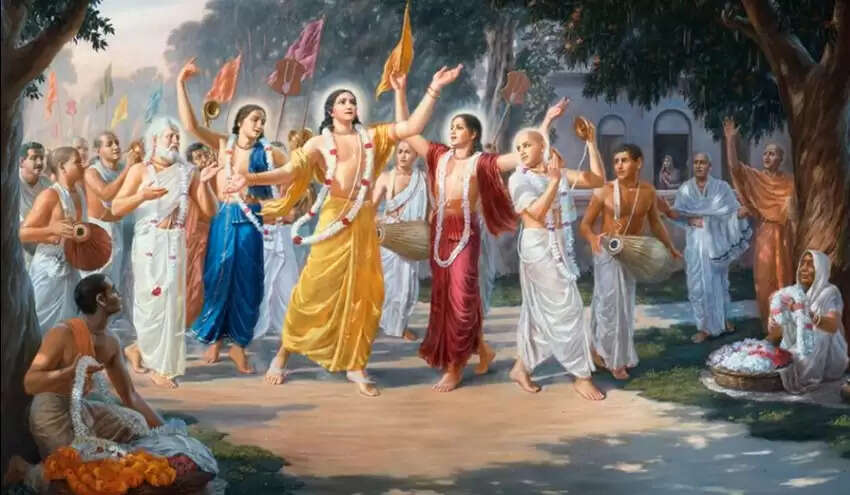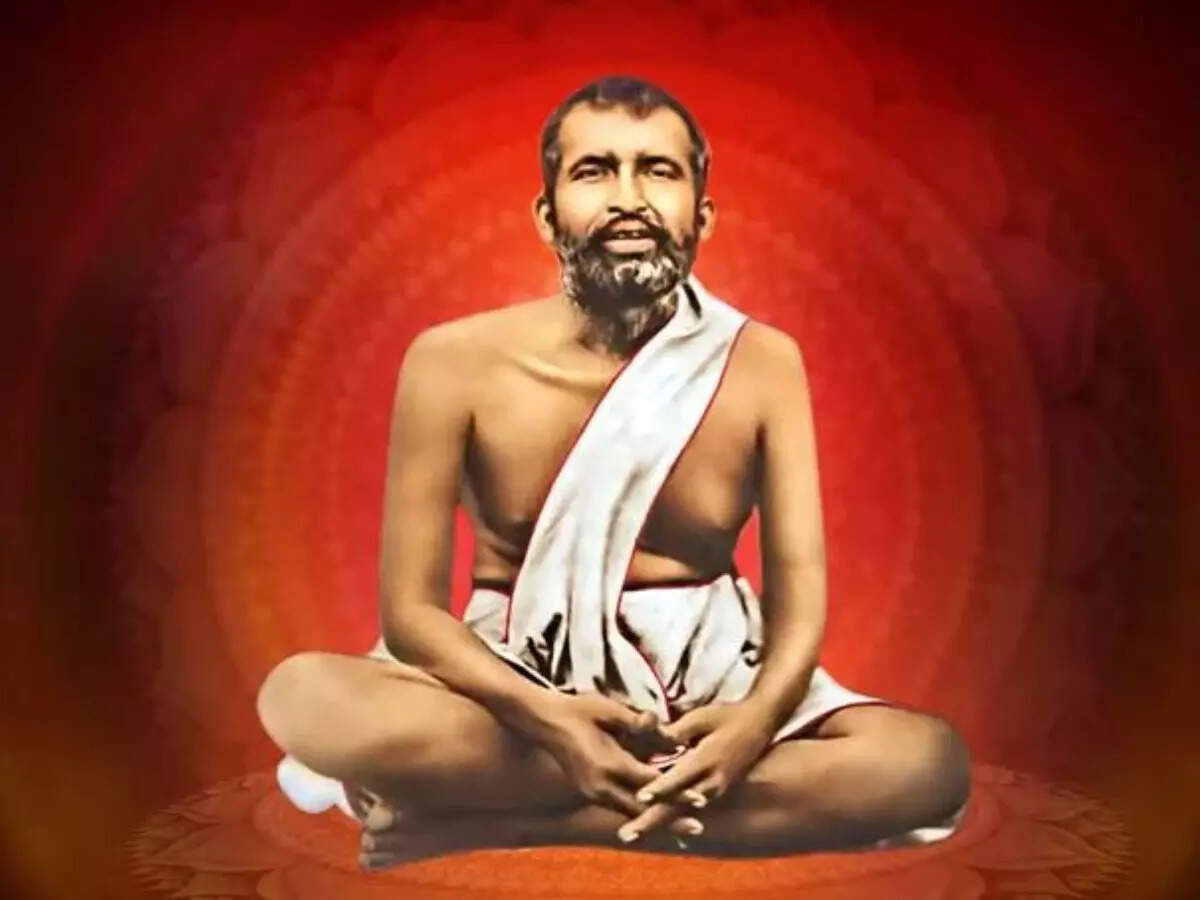Top 10 Famous Indian Saints of all Time Till 2025

India, the land of spirituality, has produced many saints who have altered the culture and religion of India and persisted as inspirations for the whole human race for thousands of years. The saint's teaching, devotion, and life of simplicity have helped guide man towards inner calmness and self-realization. Here are the top ten famous Indian saints of all time, their influence and teachings will still be remembered until 2025:
1. Ramanuja
Ramanuja was a vital philosopher and theologian when he published books on Hindu philosophy. He is considered one of the first activists for Bhakti. He established an additional school of Vedanta, although it did not gain popularity until much later. Once settled down in Srirangam, Tamil Nadu, Ramanuja started some of the basic foundations of Vaishnavism, and also wrote many important works, including Gitabhashya and Sri Bhashya.

2. Chaitanya Mahaprabhu
Chaitanya was born in Bengal with the name Vishwambhar Mishra. He was a sincere and passionate follower of Lord Krishna. The ecstatic nature of his devotional singing in kirtans helped to spread Vaishnavism throughout eastern India, especially with the emphasis on devotion through singing and dancing. Chaitanya's teachings are aggregated in Chaitanya Charitamrita, and probably have had the most legacy in Vrindavan and Puri.
3. Shirdi Sai Baba
Revered by both Hindus and Muslims, Sai Baba of Shirdi preached universal values such as love, forgiveness, self-realization, and communal harmony. He rejected religious orthodoxy and emphasized the importance of faith and patience. His simple yet profound teachings continue to attract millions of devotees.
4. Tulsidas
A devotee of Lord Rama, Tulsidas was a saint-poet best known for Ramcharitmanas and the Hanuman Chalisa. He played a key role in popularizing the story of Rama among the masses through folk performances like Ramlila. His works are central to Hindi literature and Hindu devotion.
5. Surdas
Blind from birth, Surdas was a poet-saint devoted to Lord Krishna. His devotional songs, written in Braj Bhasha, reflect deep spiritual insights and emotional devotion. He played a vital role in the Bhakti movement and was instrumental in influencing the devotional traditions linked to the Vallabha Sampradaya.
6. Kabir
Born near Varanasi, Kabir was a weaver who became a powerful voice against religious hypocrisy. His dohas (couplets) emphasized the unity of God and the futility of ritualism. Though critical of both Hindu and Muslim practices, his spiritual message centered on love, humility, and inner transformation.
7. Ramakrishna Paramahansa
As a mystic saint from 19th-century Bengal, Ramakrishna spoke of the universality of all religions and was a devotee of the Goddess Kali. Ramakrishna was a holy man who transcended ordinary consciousness into profound spiritual ecstasy and inspired his disciple, Swami Vivekananda, to take these teachings and spread them throughout the world.

8. Guru Nanak Dev Ji
Founding Sikhism, Guru Nanak preached devotion to one God, equality of human beings, and social justice. Guru Nanak's spiritual verses hold great significance for Sikhs worldwide and are preserved in the Guru Granth Sahib. He stood firmly against caste-based discrimination and empty rituals, promoting a life grounded in simplicity, righteousness, and devotion to one God.
9. Guru Gobind Singh Ji
As the 10th Sikh Guru, Guru Gobind Singh Ji was a spiritual leader and warrior who founded the Khalsa in 1699. He was responsible for introducing the Five Ks, codifying Sikh identity, and establishing the Guru Granth Sahib, the eternal Guru of the Sikhs, a significant moment in Sikh history.
10. Mahavira
Mahavira was the 24th Tirthankara of Jainism and a contemporary of the Buddha. He rejected royal life to achieve enlightenment through meditation and asceticism. The principles of non-violence, truthfulness, and detachment from the ephemeral world are still central to Jainism teachings today.
These saints have contributed to India's spiritual distinctiveness, advocating compassion, unity, and the notion of transformation of the inner self, which can still impact lives today.



